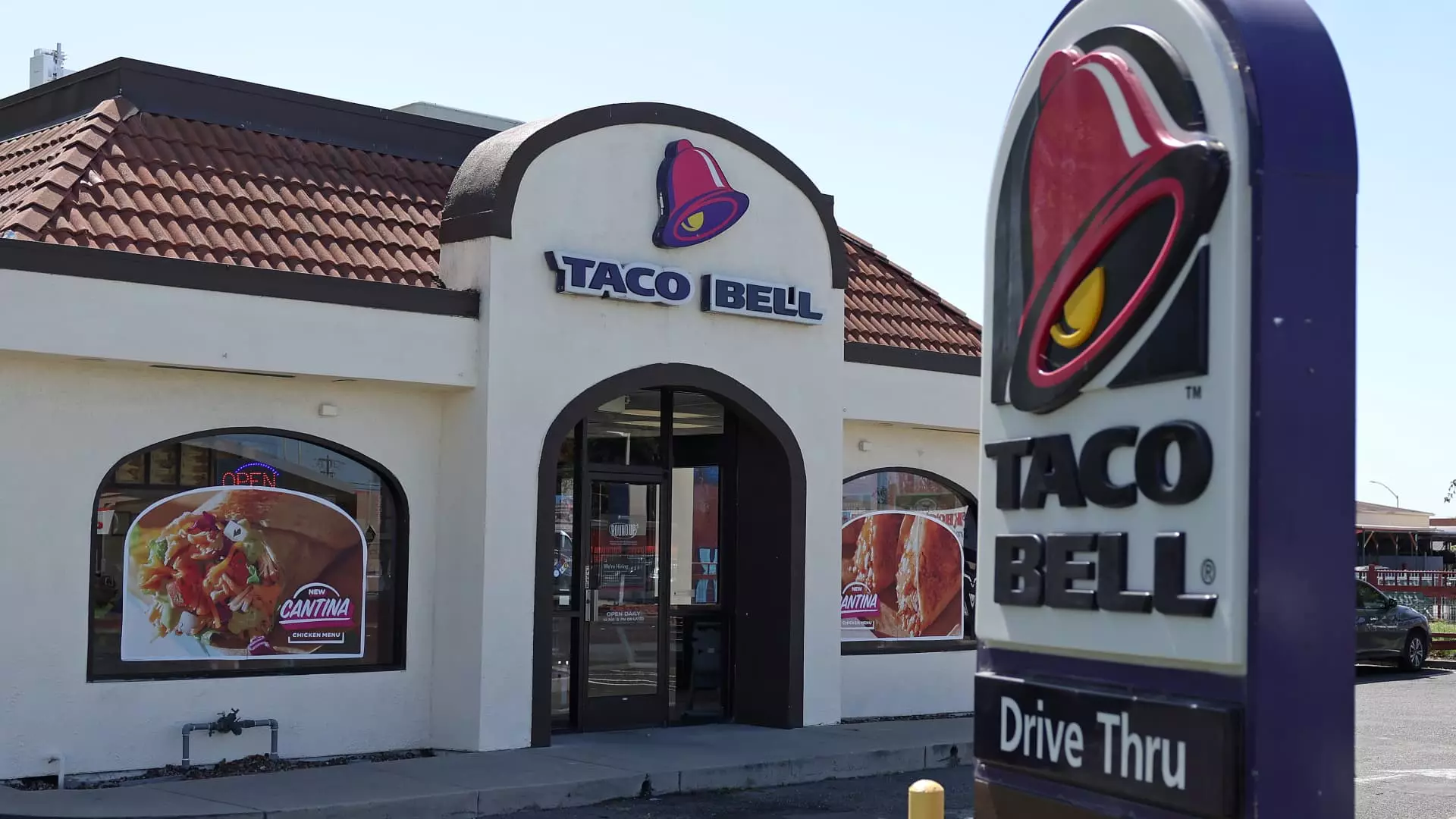In recent weeks, the fast food industry has been shaken by a significant E. coli outbreak that has resulted in one fatality and numerous reported cases across several states. The outbreak has led to major chains such as Yum Brands—parent company to Taco Bell, KFC, and Pizza Hut—taking proactive measures to safeguard their customers. This incident underscores the complexities and risks of food safety in the fast-paced environment of the food service industry.
In light of the outbreak, Yum Brands has issued a statement affirming their commitment to food safety. A spokesperson mentioned that the company has strategically withdrawn fresh onions from select menus to mitigate potential health risks. While it remains ambiguous whether this withdrawal is directly linked to the onion recall from supplier U.S. Foods, such caution reflects a growing trend among fast-food chains to prioritize customer safety over convenience. This proactive removal of fresh produce highlights the heightened vigilance restaurants must maintain, especially in light of supplier uncertainties.
Health authorities are currently pursuing investigations into the origins of the E. coli outbreak. The Centers for Disease Control and Prevention (CDC) has established key connections between the outbreak and the consumption of specific menu items, notably the Quarter Pounder from McDonald’s. Such targeted investigations are essential in identifying the precise source of the contamination, as they not only inform the public but also guide restaurants in implementing corrective measures.
In this instance, McDonald’s has responded by pulling Quarter Pounders from approximately 20% of its U.S. outlets, focusing on the sourcing of onions and fresh beef patties as potential culprits. The chain’s decision to halt the sale of a popular product illustrates the immediate impact that foodborne illness outbreaks can have on business operations.
U.S. Foods initiated a recall for onions provided by Taylor Farms amid the burgeoning health crisis. However, the connection to McDonald’s remains tenuous, as McDonald’s does not identify Taylor Farms as a supplier. This turn of events raises bigger questions about transparency within the food supply chain and the necessary communications that must occur between suppliers and the restaurants they serve.
With 49 confirmed cases of E. coli infection reported across ten states, including Colorado and Nebraska, the serious public health implications cannot be overstated. Investigations reveal that many individuals who became ill had recently dined at McDonald’s, with a significant number recalling the consumption of the contaminated burgers. Such statistics are not just numbers; they represent real individuals affected by systemic inadequacies in food safety protocols.
As the fast food industry grapples with the ramifications of this outbreak, it is clear that proactive measures are vital in preserving public trust. The ongoing investigation into the sources of contamination will likely yield crucial insights, underscoring the importance of robust food safety protocols and transparent supply chain practices. Restaurants must not only react to outbreaks but also implement preventative measures that ensure food safety, from supplier selection to food preparation standards. In an industry where reputation is paramount, safeguarding customer health should always be the priority.

